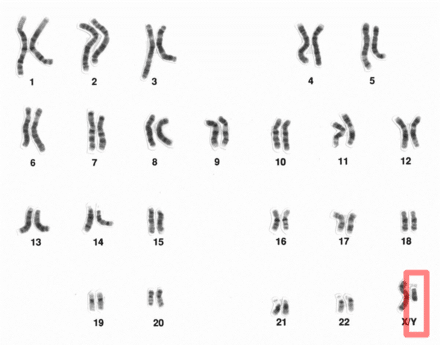Author Interviews, Cancer Research, Environmental Risks, Lung Cancer, Occupational Health / 18.03.2020
Mesothelioma and Repeated Cosmetic Talc Exposure
MedicalResearch.com Interview with:
Theresa S. Emory MD
Department of Pathology, Peninsula Pathology Associates
Newport News, VA
MedicalResearch.com: What is the background for this study? What are the main findings?
Response: Cosmetic talc products can contain asbestos, which is the primary cause of malignant mesothelioma. We investigated 75 individuals with malignant mesothelioma, whose only known exposure to asbestos was repeated exposures to cosmetic talcum powder. 83% of the individuals were female and several occurred in barbers/cosmetologists. 16% occurred in individuals younger than 45 years old, and on average the subjects were 11 years younger than predicted, based on SEER data. The asbestos fibers in tissue samples that were examined in 11 cases were identical (anthophyllite and tremolite) to those identified in cosmetic talc.
(more…)





























